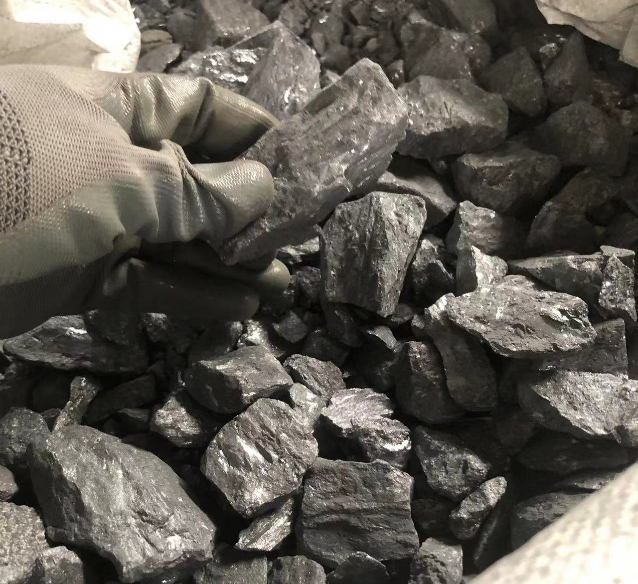
The steel industry is constantly seeking innovative ways to optimize steel production processes, enhance material quality, and meet the ever-evolving demands of various applications. One such avenue of exploration is the utilization of calcium in steelmaking. This article delves into the role of calcium in steelmaking optimization, examining its impact on refining processes, mechanical properties, and overall sustainability.
Desulfurization is a crucial step in steelmaking to ensure the final product's mechanical properties and quality. High sulfur content can lead to brittleness and reduced toughness in steel. Calcium, when added in controlled amounts, forms calcium sulfide (CaS) through the reaction with sulfur in the melt. The resulting calcium sulfide has a higher melting point than pure sulfur, making it easier to separate from the molten steel.
The introduction of calcium for desulfurization not only leads to the removal of harmful sulfur but also offers additional benefits. Calcium-treated steel exhibits improved ductility, impact resistance, and overall mechanical performance, aligning with the requirements of various end-use applications.
Inclusions, non-metallic particles within steel, have a significant impact on its properties. Uncontrolled inclusions can lead to defects, reduced mechanical properties, and decreased material reliability. Calcium plays a pivotal role in modifying inclusions, transforming them into more favorable compositions and shapes.
By reacting with oxygen and other impurities during steelmaking, calcium forms calcium oxide (CaO) and calcium silicate (CaSiO3) inclusions. These inclusions are less detrimental to steel properties compared to conventional ones. The presence of calcium also encourages the agglomeration of harmful inclusions, making them easier to remove through slag formation or filtration. The result is a cleaner and more homogeneous steel matrix, translating to improved material performance.
The microstructure of steel heavily influences its mechanical properties. The addition of calcium has been linked to grain refinement during solidification. Fine-grained steel structures exhibit enhanced strength, toughness, and fatigue resistance. The nucleation sites provided by calcium particles facilitate the growth of numerous small grains, rather than a few large ones.
Furthermore, the presence of calcium can influence the morphology of inclusions, reducing their negative impact on mechanical properties. The resulting steel exhibits improved fracture toughness and overall durability, making it suitable for demanding applications such as structural components and automotive parts.

Calcium's role in steelmaking optimization extends beyond mechanical properties; it also contributes to sustainability and cost-effectiveness. The use of calcium for desulfurization can lead to decreased reliance on more energy-intensive methods of sulfur removal, thus reducing the environmental footprint of steel production.
Moreover, the improvement in steel quality due to calcium addition can lead to downstream benefits. Enhanced material properties can extend the lifespan of products, reducing the need for frequent replacements and minimizing waste. This aligns with the principles of circular economy and resource efficiency.
The utilization of calcium in steelmaking optimization offers a multifaceted approach to enhancing steel properties, refining processes, and addressing environmental concerns. From its role as a desulfurizing agent to its impact on inclusion modification and grain refinement, calcium's benefits are far-reaching. By improving steel quality and mechanical performance, while also contributing to sustainable practices, calcium showcases its potential as a valuable tool for the modern steel industry. As research and innovation continue, calcium's significance in steelmaking optimization is likely to grow, paving the way for a more efficient and sustainable future for steel production.

Write a Message